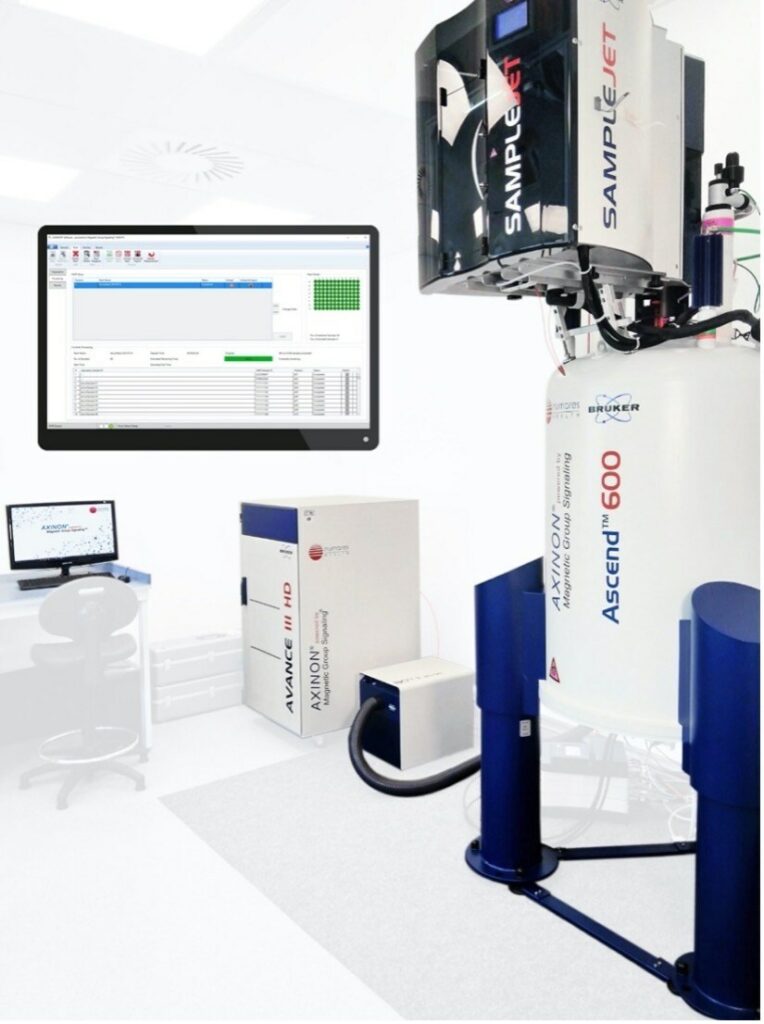Numares Health’s new lipoprotein test for heart health has been given clearance by the US Food and Drug Administration (FDA).
The test, called the AXINON LDL-p Test System, is a new tool physicians can use to measure lipoproteins for patients at risk for cardiovascular disease, said the healthcare diagnostics company in a press release.
The test measures levels of low-density lipoprotein particle (LDL-p) using nuclear magnetic resonance (NMR). Numares says LDL-p offers more detailed information on cardiac function compared to LDL-cholesterol (LDL-c), dubbed ‘bad cholesterol,’ which is the cardiac biomarker currently used to assess heart disease risk.
The Regensburg, Germany-based diagnostics company said it’s the only company in the US selling an FDA-cleared NMR test.
The FDA clearance also includes the company’s proprietary AXINON System, the central technology platform that incorporates diagnostic testing algorithms into NMR spectroscopy.
Heart disease is the leading cause of death in the US, with one person dying every 33 seconds from the disease. In 2021, about 695,000 people in the US died from heart disease, which is one in every five deaths.
Related: Quidel Triage Cardiac Panels Recalled Over Inaccurate Negative Results
The company’s technology can quantify multiple biomarkers from a single blood sample. Machine learning then identifies the specific metabolites relevant to diagnosis. In addition to heart disease, Numares is also using its technology to develop improved diagnostic testing for other conditions related to metabolic dysfunction, such as chronic kidney and liver diseases.
The American College of Cardiologists and the American Diabetes Association backed Numares’ AXINON LDL-p Test System, saying in a statement that LDL-p measurements, like those measured by the Numares device, can help physicians manage patients with an elevated risk of cardiovascular disease because they may better reflect the true cardiac risk associated with cardiometabolic risk.
Cardiometabolic risk factors include prediabetes, abdominal obesity, abnormally high lipid levels and elevated triglycerides.
The report added that, “standard cholesterol measurement may not accurately reflect actual cardiac risk, especially in patients with cardiometabolic risk.”
Heart disease costs the US healthcare system about $240 billion per year.
According to a market model by GlobalData, the cholesterol testing market will be worth over $4 billion by 2033.












Join or login to leave a comment
JOIN LOGIN